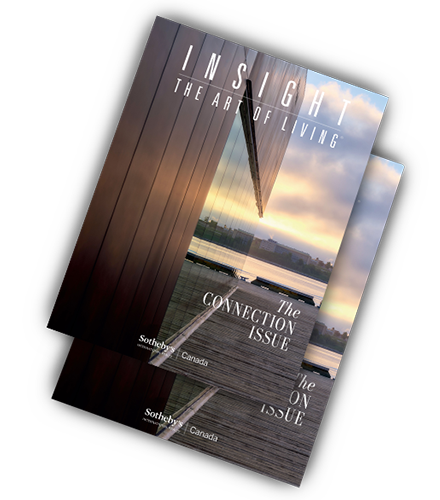Are you considering purchasing an investment property? The right piece of real estate is a great way to grow your financial portfolio while also potentially earning rental income. However, the recent introduction of a mandatory stress test to the mortgage qualification process means that certain buyers may need to reconsider their options.
What Is the Stress Test?
As of January 1, 2018, Canada’s Office of the Superintendent of Financial Institutions (OSFI) instituted a stress test for all mortgages. In the past, stress tests have only been required for insured mortgages—those with a down payment of less than 20%. Now, a test will be required of all home buyers in Canada—including existing homeowners renewing their mortgages, should they choose to switch lenders.
In basic terms, the stress test means that buyers must qualify for a mortgage at a higher interest rate. That rate is the higher of:
- The Bank of Canada posted mortgage rate (5.14% at the time of writing)
- The rate offered by your mortgage broker plus an additional 2%
As a buyer, you don’t actually have to pay the higher rate now, and you may not in future, either—you just have to qualify for the mortgage as laid out above. The idea behind the stress test is that if rates do rise, homeowners will still be able to afford their mortgage payments, and won’t be at risk of defaulting on their loan or losing their property.
The introduction of the stress test has changed the market, and should also change the way you think about your investment property.
You Will Qualify for a Smaller Mortgage
The stress test reduces the mortgage amount buyers will qualify for by approximately 18.5%. Meaning that if the investment property you’ve been considering is at the edge of your budget, you may face new challenges in making it a viable option. If you do still want to pursue a property in an aspirational price range, you’ll need to have a larger down payment in order to reduce the amount of the mortgage.
On the positive side, if worries about possible rate increases kept you on the fence about buying in the past, you can now buy with greater peace of mind. The stress test ensures that even if rates do go up, you’ll still be well-equipped to manage your mortgage payments.
The Pool of Buyers Is Smaller
It’s estimated that under the new terms, one in five potential buyers, or 20% of applying Canadians, will no longer qualify for their ideal mortgage. As a result, the competition for available homes is less intense than it has been in years past. If there’s an investment property you’ve had your eye on, now might be a good time to put in an offer. With fewer qualified buyers on the market, you have a much better chance of landing the property of your dreams without getting mired in a bidding war.
Rental Income Is Now a Key Part of Your Investment Strategy
As the criteria around home ownership shift, discerning buyers will want to consider rental opportunities when sourcing their next investment purchase. Rental income is an excellent way to ensure continued cash flow while you wait for your property to appreciate—and as more Canadians opt to rent, revenue from tenants becomes a reliable return on investment. If your property is in Vancouver, having a renter also means you won’t have to pay the Empty Homes Tax, a surcharge of 1% of the property’s assessed value based on the previous tax year.
OSFI’s introduction of a stress test for mortgage applicants protects homeowners from purchasing property outside their means. However, if qualifying for a mortgage is not a concern for you, this may be a good opportunity to purchase an investment property while rates are still low and high-end homes are available.
Have questions about how Canada’s stress test will affect your mortgage eligibility? Get in touch with a qualified REALTOR®️ at Sotheby’s International Realty Canada, or set up a meeting with a mortgage broker at your local bank or credit union.







